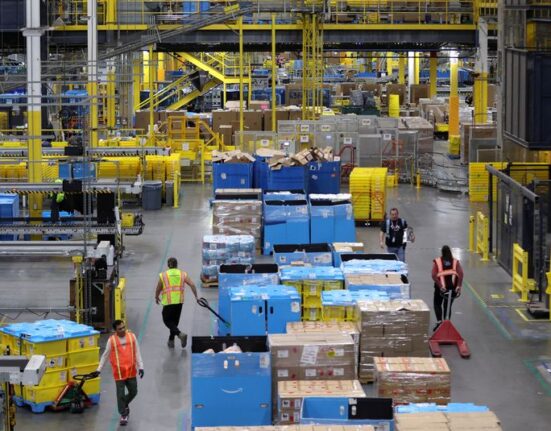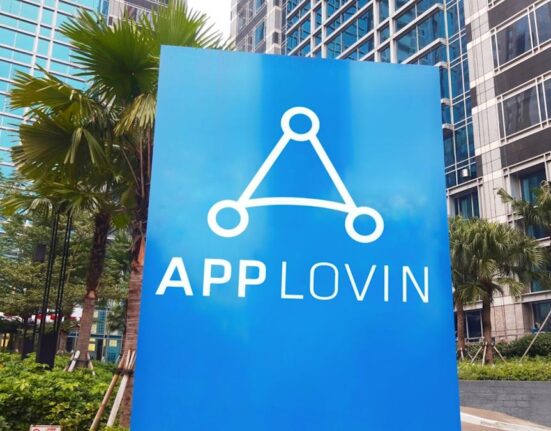-
Chris Williams is an ex-VP of HR at Microsoft and has over 40 years of executive experience.
-
He acknowledges that AI is fueling both chaos and opportunity in the tech industry.
-
Williams said despite disruptions, learning has never been easier and there’s more money out there.
Tech layoffs are the new normal. The headlines come fast: Meta, Google, Salesforce, and, just recently, Microsoft, are cutting thousands. The jobs are gone, and for many, so is the optimism.
I don’t want to minimize the widespread pain for tech workers. But I do see three rays of hope that offer a reason for some optimism, based on my background as the former VP of HR for Microsoft and 40 years of business leadership experience.
AI is fueling both the chaos and the opportunity. Thanks to AI, tech firms are seeing massive productivity gains and doing more with fewer people. Competitive and shareholder pressure means layoffs, but every breakthrough needs people to build and implement it.
Yes, the auto industry displaced carriage makers, but it also absorbed their skills and created countless more jobs. AI could follow the same curve: short-term disruption, long-term expansion.
The tech companies, while laying off some, are hiring many others to drive their own AI products. Other companies need help taking advantage of AI. The first wave of easy adoptions may have crested, yet for many firms, the reinvention of their businesses to fully leverage AI awaits the people who can help them do that.
Further, cataclysmic change often leads to vast expansion. Automobiles weren’t simply a one-to-one replacement for carriages; they democratized transportation and led to the expansion of entire industries: huge investments in road building and major increases in travel, to name just two. Perhaps it’s too soon to tell where that expansion comes from with AI, but I believe it’s out there.
AI is laying waste to many traditional white-collar jobs. But for those who are willing to adapt, there’s an entire new frontier of opportunity.
An interesting twist of the internet-obsessed and AI-focused era is that learning has never been easier. There are resources everywhere to help you transition into a skilled AI practitioner.
You don’t have to enroll in expensive courses, get advanced degrees, or endure yearslong apprenticeships like many other professions; you just need a laptop. There are videos, websites, and forums teeming with everything you ever wanted to know about taking advantage of AI. The guides are free, and the AI tools themselves will even teach you how to use them.
-
Chris Williams is an ex-VP of HR at Microsoft and has over 40 years of executive experience.
-
He acknowledges that AI is fueling both chaos and opportunity in the tech industry.
-
Williams said despite disruptions, learning has never been easier and there’s more money out there.
Tech layoffs are the new normal. The headlines come fast: Meta, Google, Salesforce, and, just recently, Microsoft, are cutting thousands. The jobs are gone, and for many, so is the optimism.
I don’t want to minimize the widespread pain for tech workers. But I do see three rays of hope that offer a reason for some optimism, based on my background as the former VP of HR for Microsoft and 40 years of business leadership experience.
AI is fueling both the chaos and the opportunity. Thanks to AI, tech firms are seeing massive productivity gains and doing more with fewer people. Competitive and shareholder pressure means layoffs, but every breakthrough needs people to build and implement it.
Yes, the auto industry displaced carriage makers, but it also absorbed their skills and created countless more jobs. AI could follow the same curve: short-term disruption, long-term expansion.
The tech companies, while laying off some, are hiring many others to drive their own AI products. Other companies need help taking advantage of AI. The first wave of easy adoptions may have crested, yet for many firms, the reinvention of their businesses to fully leverage AI awaits the people who can help them do that.
Further, cataclysmic change often leads to vast expansion. Automobiles weren’t simply a one-to-one replacement for carriages; they democratized transportation and led to the expansion of entire industries: huge investments in road building and major increases in travel, to name just two. Perhaps it’s too soon to tell where that expansion comes from with AI, but I believe it’s out there.
AI is laying waste to many traditional white-collar jobs. But for those who are willing to adapt, there’s an entire new frontier of opportunity.
An interesting twist of the internet-obsessed and AI-focused era is that learning has never been easier. There are resources everywhere to help you transition into a skilled AI practitioner.
You don’t have to enroll in expensive courses, get advanced degrees, or endure yearslong apprenticeships like many other professions; you just need a laptop. There are videos, websites, and forums teeming with everything you ever wanted to know about taking advantage of AI. The guides are free, and the AI tools themselves will even teach you how to use them.












Leave feedback about this